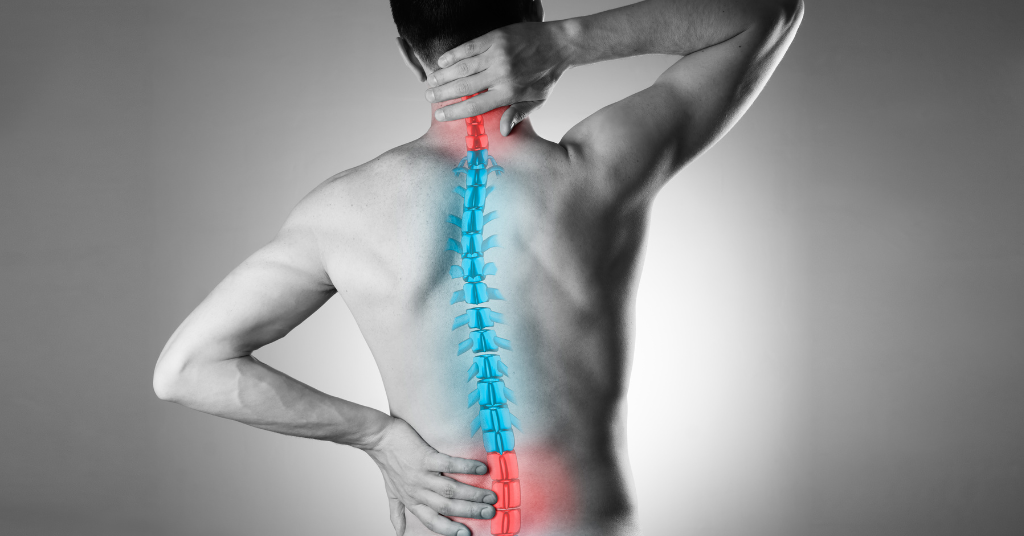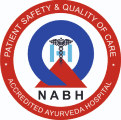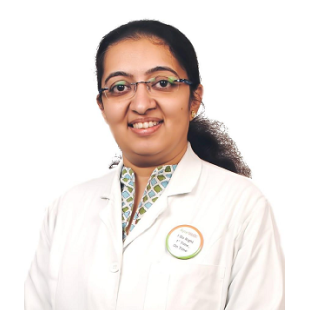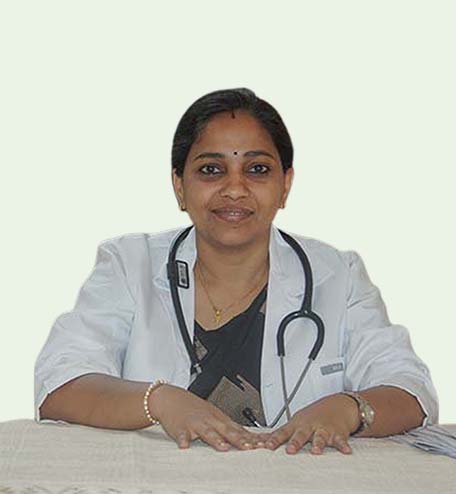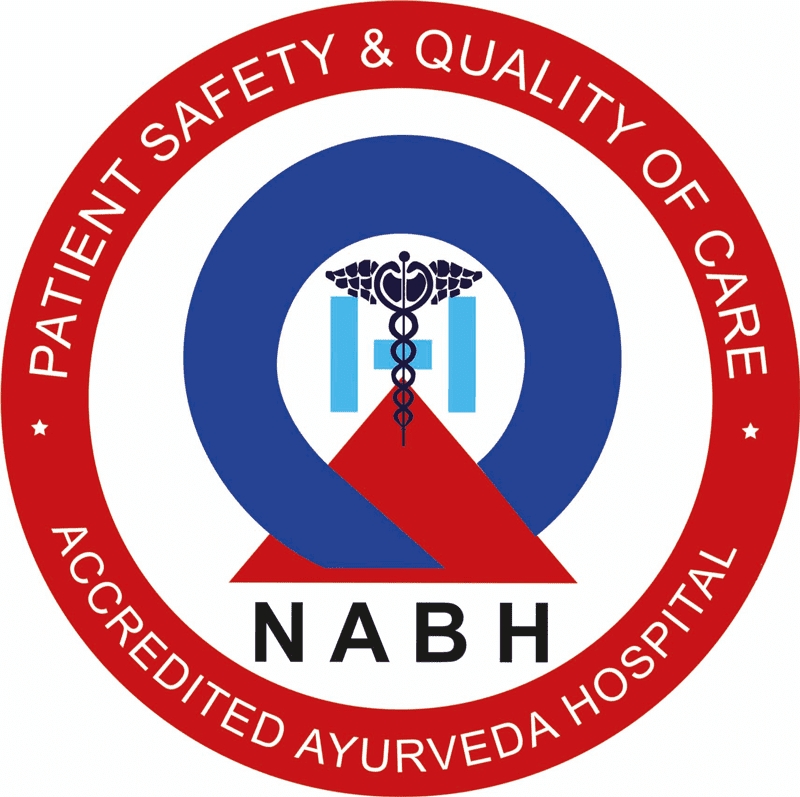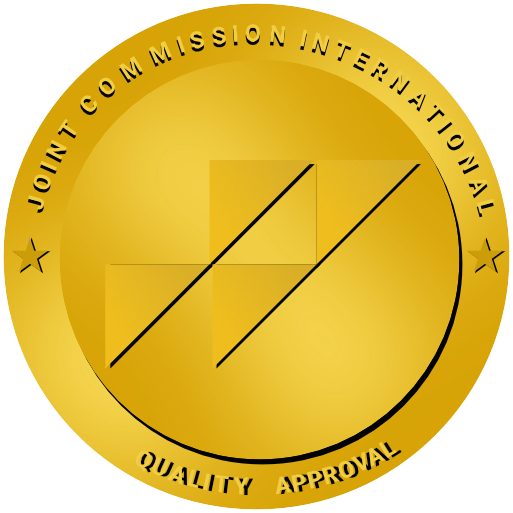Get Relief From Osteoporosis with Natural Ayurveda Treatments
Osteoporosis is a condition common among people above 50 years of age, especially women, characterized by weak and brittle bones that fracture easily. Known as Asthikshaya in Ayurveda, it is caused due to imbalance of Vata dosha. Ayurveda focuses on time tested Panchakarma Therapies, medicines and dietary changes that help regain the balance of Vata, along with improved strength and resilience of the bones. Don’t let osteoporosis weaken your spirits anymore!
Enquire Now
Ayurveda Approach to Osteoporosis
Ayurveda has specific panchakarma therapies and medicines including herbal ghees to manage osteoporosis effectively. Following the fundamental principles of Ayurveda, AyurVAID has pioneered evidence-based, award-winning precision based protocols for Osteoporosis treatment. Our physicians perform an in-depth assessment of the key symptoms and health factors of each patient to diagnose the root causes around diet, individual constitution, lifestyle, work pattern, and genetic predisposition.
Our person-centric approach will help you regain your happiest and healthiest state of life. Our specialists will also give you advice on daily routine, nutrition, and lifestyle changes to help you achieve optimum bone health.
Ayurveda Essential Key Outcomes
- Stronger bones and reduced risk of fractures.
- Improved bone density
- Increased mobility and flexibility.
- Boosted calcium absorption.
- Relief from joint pain.
- Enhanced overall bone health.
